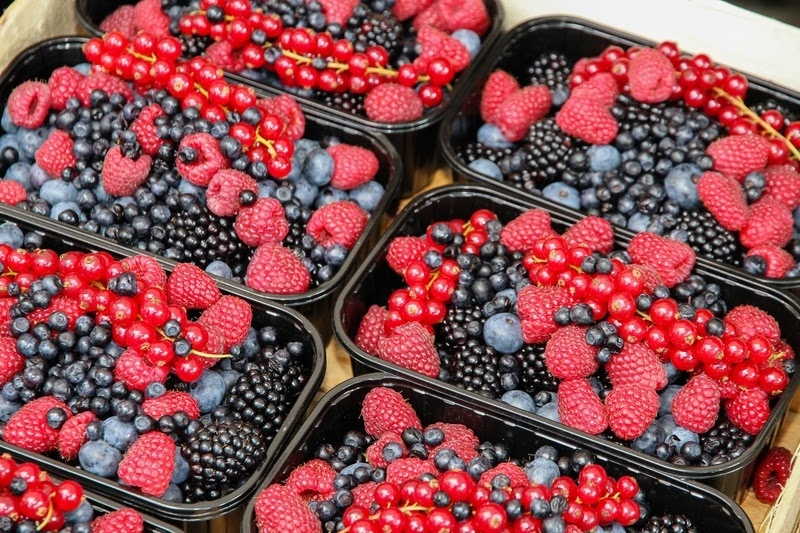Optimal brain function is all about maintaining a healthy body and mind. While exercise, stress management and maintaining a work/life balance can be crucial for keeping yourself healthy, there is definitely more you can do to keep your brain in a tip-top shape. Since nutrition can be crucial to boosting your cognitive function, a healthy diet can go a long way to helping you make the most of each day. Here are a few foods you should be incorporating into your daily diet to boost both your short- and long-term brain function.
Dark Chocolate
Dark chocolate is rich in cacao, which contains flavonoid antioxidants. Since the brain can be very susceptible to oxidative stress caused by free radicals, antioxidants are crucial to keeping us functioning at an optimal level. The antioxidants in dark chocolate can be particularly beneficial for slowing down age-related cognitive decline. According to a number of studies, flavonoid can also increase blood flow to the brain and reverse memory problems which is why it can be found in various types of brain booster supplements.
Turmeric
Used in the ancient healing practice of Ayurveda, turmeric contains curcumin, a compound known for its antioxidant and anti-inflammatory properties. According to studies, turmeric clears the brain of beta-amyloid, which may be the cause of Alzheimer-related brain plaques. It may also prevent the breakdown of brain cells. Usually added to curry, turmeric has a huge number of other wellness benefits, including preventing heart disease, easing the symptoms of osteoarthritis and even treating depression.
Coffee
Coffee contains caffeine, a substance well-known for improving cognitive performance and focus. As such, many people drink coffee to stay awake, particularly at times when they need to concentrate. Caffeine works by blocking adenosine, a compound in the brain that can make you feel sleepy. Coffee also contains antioxidants, which can support brain health and slow down cognitive decline. Since drinking coffee can affect sleep, doctors recommend that people drink the beverage in moderation.
Oily Fish
Fish contain large amounts of omega-3 fatty acids, a substance that can improve the structure of our brain calls. Fish oil contains two different omega-3 fatty acids – DHA ( docosahexaenoic acid) and EPA (eicosatetraenoic acid) – both of which are important to both brain development and function. Numerous studies indicate that omega-3 fatty acids not only boost cognition, but can delay the onset of Alzheimer’s disease. Since there are currently 850,000 people suffering from dementia in the UK, this is significant. According to a nutrition expert from sundt.uk, some of the best sources of fatty acids include mackerel, salmon, tuna, sardines, and fish oil supplements.
Berries
Not just delicious, berries, such as blackcurrants, strawberries, blackberries and blueberries, contain flavonoid antioxidants – including caffeic acid, anthocyanin, quercetin and catechin – which are great for brain health. Some of the benefits of eating berries include better communication between brain cells, better brain plasticity and improved memory.
Seeds and Nuts
Seeds and nuts, such as almonds, hazelnuts and sunflower seeds, are rich in antioxidants and omega-3 fatty acids. As such, it is little surprise that research has connected eating seeds and nuts to better brain function in seniors. In addition, seeds and nuts contain vitamin E, an antioxidant that can also help boost cognition and reduce the risk of Alzheimer’s disease.

